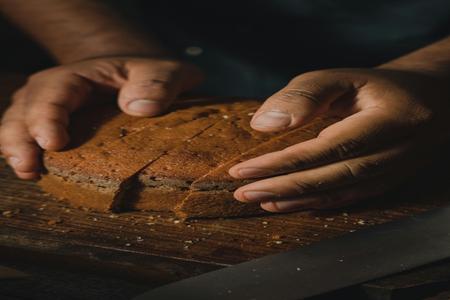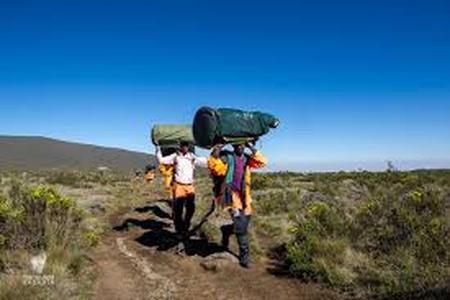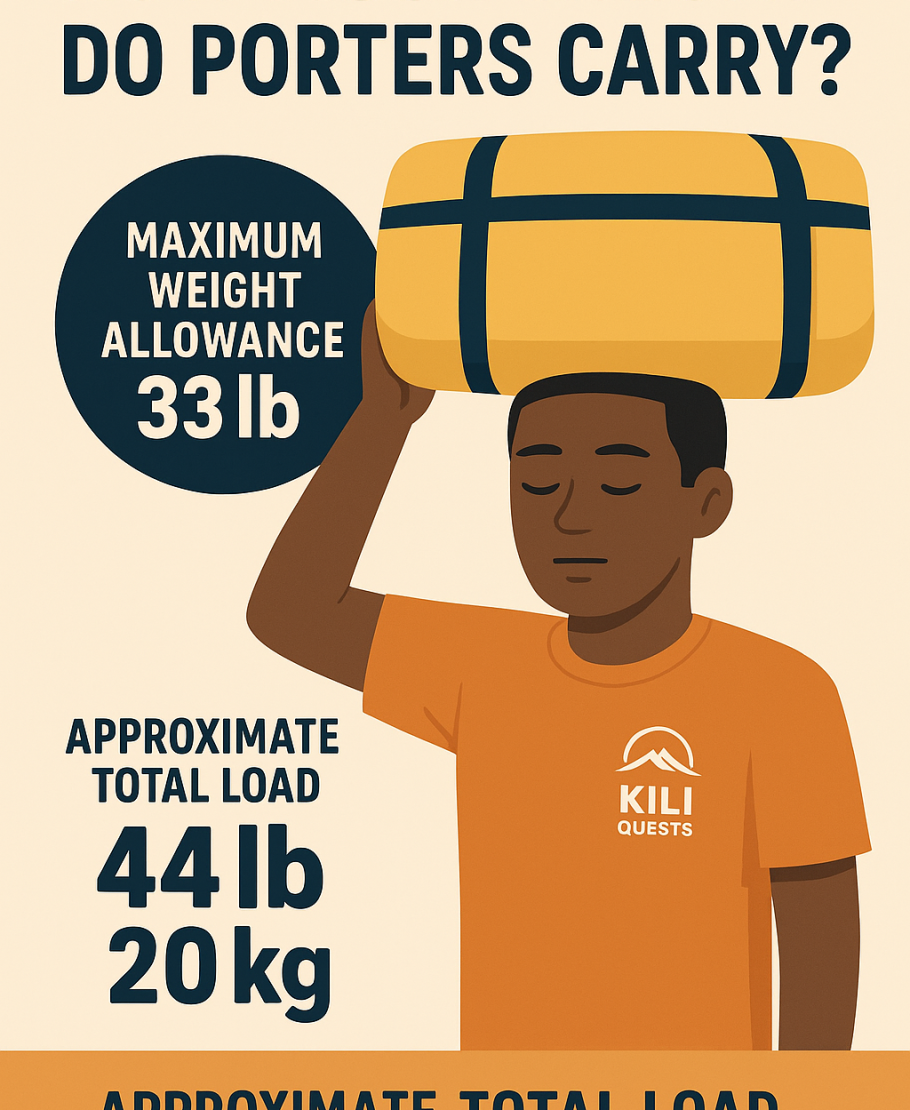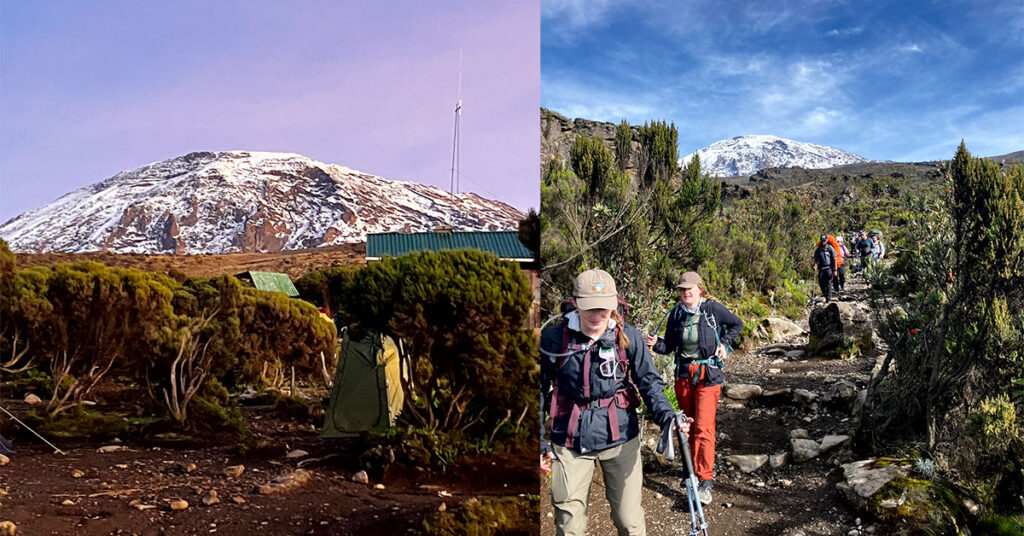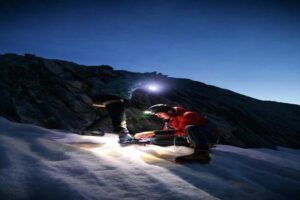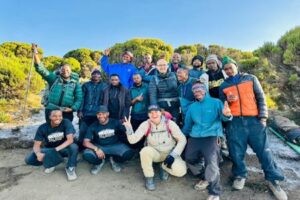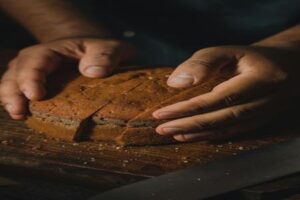Table of Contents
What Food Can You Expect on Mount Kilimanjaro? A Guide to Your Trek Menu | Kili Quests
Climbing Mount Kilimanjaro is a rewarding challenge — and the food you eat along the way plays a critical role in your energy, morale, and success. At Kili Quests, we make sure every meal on the mountain is nutritious, safe, and satisfying, even in high-altitude conditions.
This guide walks you through what to expect from breakfast to dinner, how we prepare meals on the mountain, and how you can stay energized during your Kilimanjaro adventure.
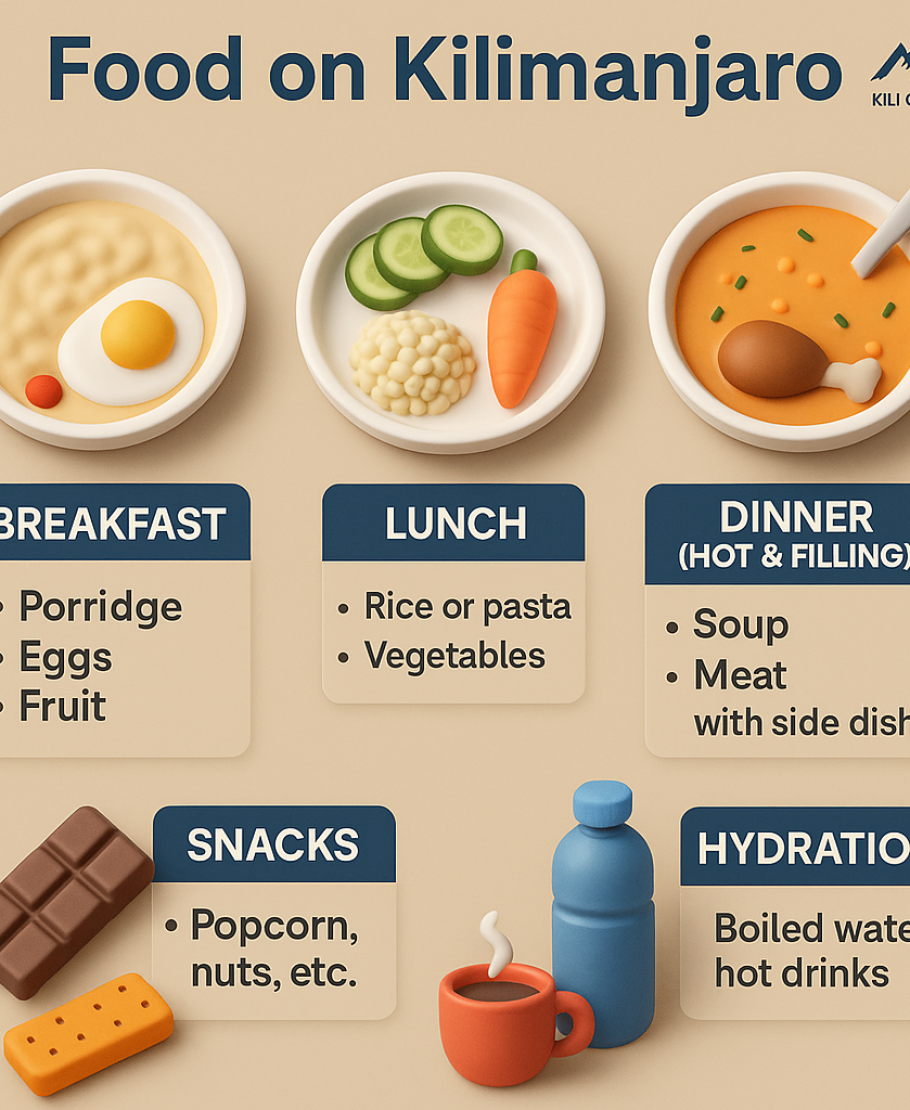
What Kind of Food Is Served on Kilimanjaro?
Meals are prepared fresh by a trained cook team in portable kitchens. Here’s a breakdown:
Breakfast:
- Start your day with a warm, energy-boosting meal:
- Porridge (oats, millet, or semolina)
- Eggs (boiled, scrambled, or fried)
- Pancakes or French toast
- Sausages
- Bread with butter, jam, or honey
- Fresh fruit (bananas, apples, oranges)
- Tea, coffee, or hot chocolate
Lunch:
- Usually lighter, served mid-day on the trail:
- Sandwiches (cheese, tuna, chicken, or peanut butter)
- Rice or pasta with vegetables or protein
- Fruits and juice
- Trail snacks (nuts or bars)
Dinner:
- Hearty and warm to aid muscle recovery:
- Soup (carrot, pumpkin, or vegetable)
- Stews or curry with rice or pasta
- Grilled chicken or beef
- Cooked vegetables
- Occasionally fresh salad
- Warm drinks (tea, hot cocoa)
Snacks Throughout the Trek
We provide trail snacks to keep your energy levels stable:
- Energy bars
- Biscuits and cookies
- Fresh fruit
Need a summit checklist? See Summit Day Gear & Nutrition Guide.
How We Prepare Food on the Mountain
Even without modern kitchens, your meals are carefully cooked in a hygienic setup:
- Mess tent: Your dining area for warm meals and group discussions
- Cook team: Includes a chef and assistant trained in high-altitude meal prep
- Fuel source: Cooking is done using gas cylinders (not open fire)
- Food storage: Ingredients stored in insulated cool bags for freshness
- Clean water: All water is filtered or treated with purification tablets
Behind the scenes? See What Porters Do on Kilimanjaro.
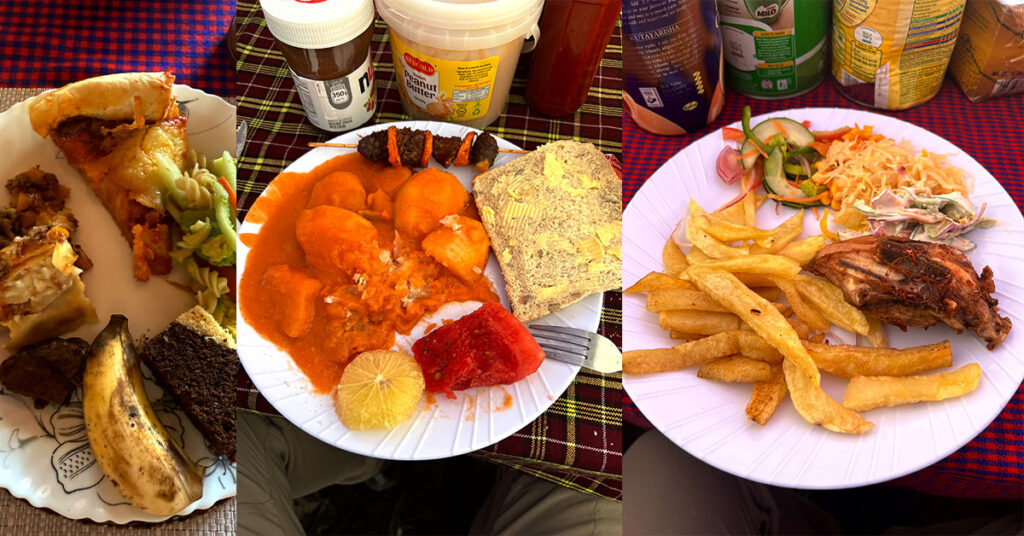
What About Drinking Water?
You’ll be provided with safe, clean drinking water throughout the trek:
- Collected from mountain streams
- Purified using filters or tablets
- Available at all camps for refilling bottles
Need help preparing? Use our Essential Packing List to get ready.
Food Tips for High Altitude
At high elevations, your appetite may drop — but eating regularly is vital. That’s why we:
- Provide high-calorie meals rich in carbs and protein
- Serve warm comfort food to boost morale
- Encourage you to eat even if you don’t feel hungry
See Trek Health & Medication Tips to support your digestion and energy levels.
Food FAQs on Kilimanjaro
Q1: Can I bring my own snacks?
- Yes — feel free to bring chocolate, protein bars, or personal favorites.
Q2: Can you accommodate dietary needs?
- Absolutely. Let us know in advance (vegan, vegetarian, gluten-free, etc.), and we’ll prepare accordingly.
Q3: Is the food safe to eat?
- Yes. Meals are cooked fresh in hygienic conditions by trained staff.
Q4: What food is served before the summit climb?
- We serve a light, energy-rich meal like porridge or biscuit and hoy tea,coffee before the midnight summit push, plus snacks during the ascent.
Good Food, Great Adventure
Climbing Kilimanjaro demands energy — and the food we provide at Kili Quests ensures you’re well-nourished, hydrated, and fueled every step of the way. Whether you’re sipping hot soup at base camp or munching trail mix before a summit push, your meals are prepared with care.
Contact Us to start planning your climb — and leave the food logistics to us.
Related Articles
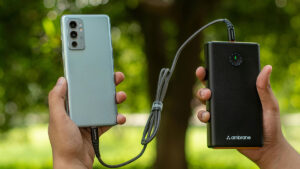
Mount Kilimanjaro Charging Guide:Devices,Power & Solar Tips
December 13, 2024
No Comments
Table of Contents How to Charge Your Devices on Mount Kilimanjaro: Power Tips for Trekkers | Kili Quests If you’re heading to Mount Kilimanjaro,
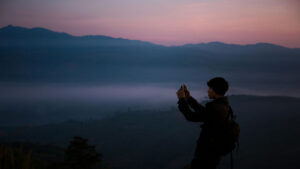
How to Get Internet on Mount Kilimanjaro | Connectivity Tips
December 13, 2024
No Comments
Table of Contents Internet Access on Kilimanjaro: What to Know | Kili Quests Wondering if you can stay connected during your Mount Kilimanjaro trek?Whether
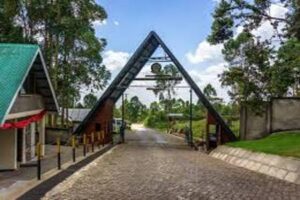
Kilimanjaro Porters: Unsung Heroes of the Summit
April 15, 2025
No Comments
Table of Contents What Porters Do Behind the Scenes on Kilimanjaro | Kili Quests The True Backbone of Every Climb Every Kilimanjaro success story


